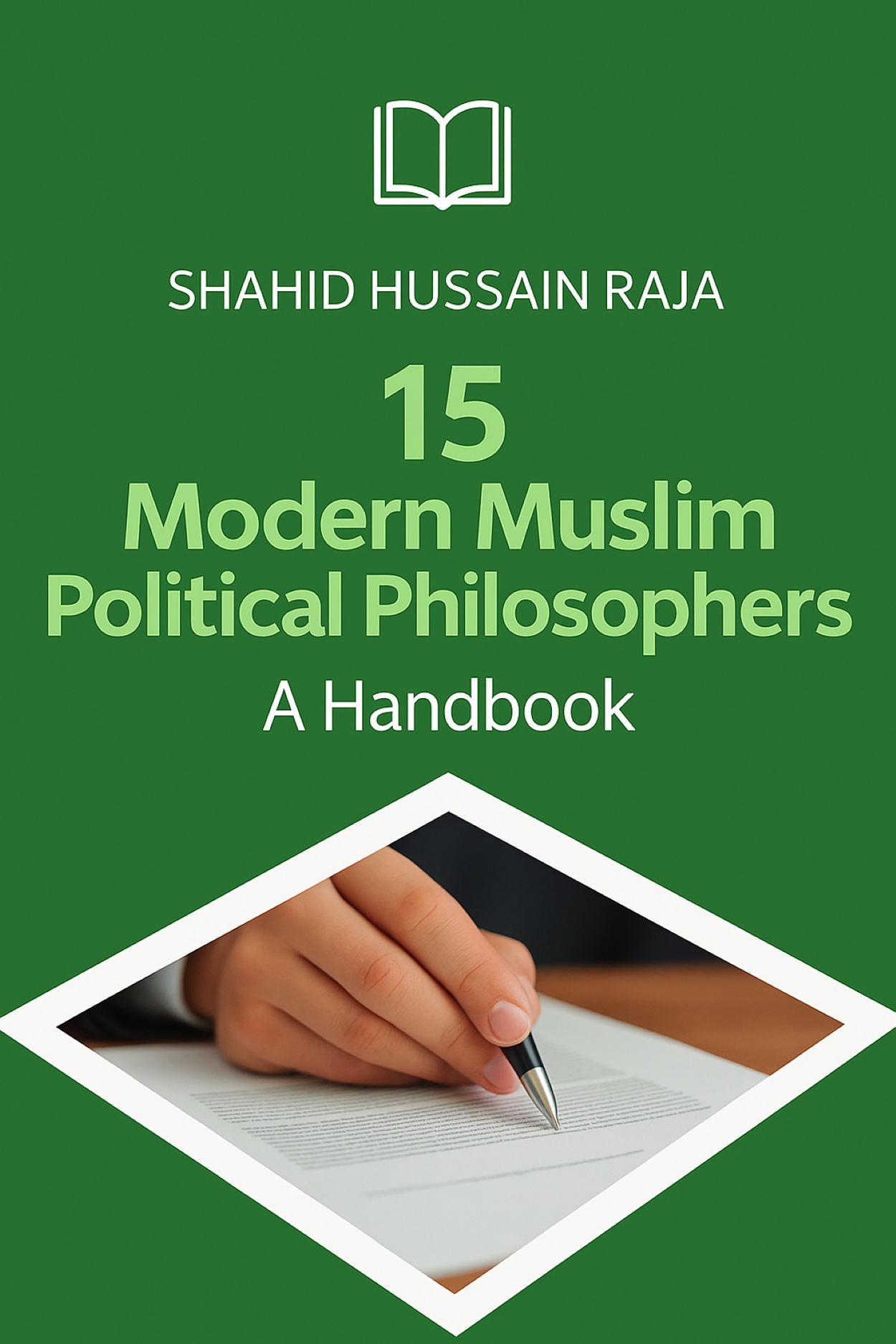
15 Modern Muslim Political Philosophers: A Handbook offers a clear, accessible introduction to the ideas of fifteen major Muslim thinkers from the 18th century to the present. Building on the author’s earlier volume on classical Muslim political thought, this companion book explores how Muslim intellectuals have grappled with colonialism, modernity, statehood, and global political change. Each chapter dives into the personal background, historical context, and core political ideas of one influential thinker, providing a structured and insightful look into how modern Muslim political philosophy has evolved in response to new challenges.
Whether adapting, resisting, or reinterpreting European political concepts, these philosophers offer rich, diverse answers to enduring questions about justice, authority, law, and governance. With its consistent format and detailed summaries, this handbook is designed to help readers—from students to scholars—compare thinkers across time and geography. It’s not just a study of individual ideas, but a window into how a living tradition continues to respond to a rapidly changing world.
Genre: POLITICAL SCIENCE / History & Theoryjust published
The 18th century represented a watershed moment in the history of the Indian subcontinent, and Shah Waliullah's political philosophy must be understood against this backdrop of dramatic change and uncertainty. The once-mighty Mughal Empire, which had dominated the subcontinent for over two centuries, was experiencing terminal decline. The death of Emperor Aurangzeb in 1707, just four years after Waliullah's birth, marked the beginning of the empire's rapid disintegration.
Several factors contributed to this political chaos. The Mughal Empire faced increasing pressure from regional powers such as the Marathas, Sikhs, and various Afghan tribes. The empire's administrative structure was crumbling under the weight of corruption, inefficiency, and the enormous costs of maintaining control over such a vast territory. Economic decline accompanied political fragmentation, as trade routes became unsafe and agricultural production declined due to constant warfare.